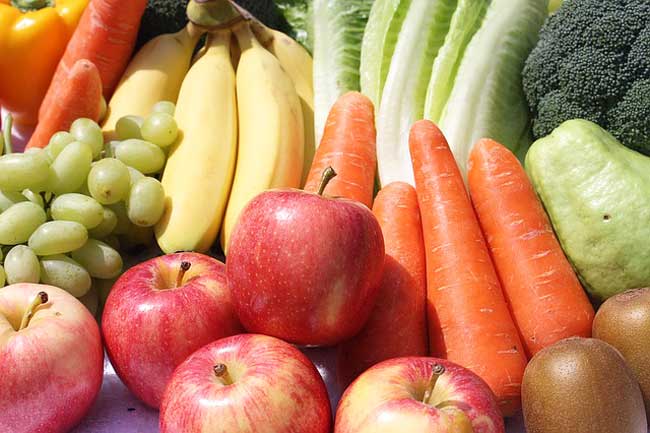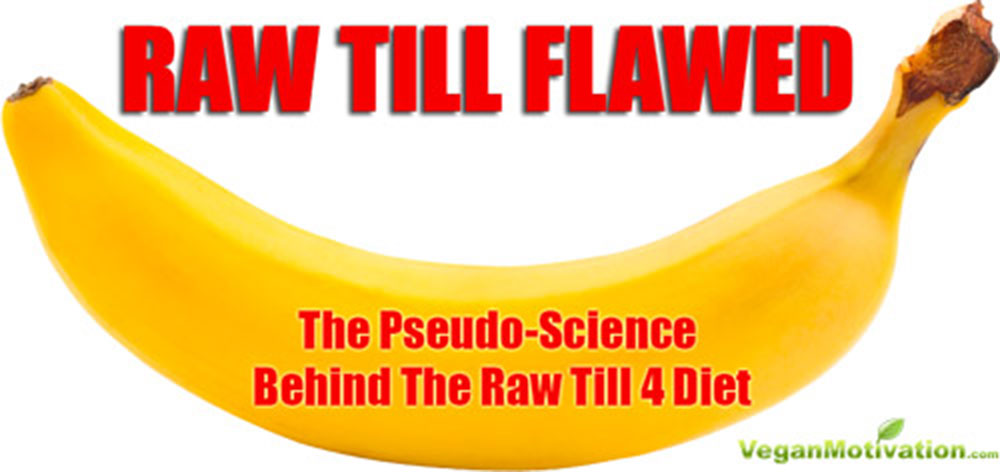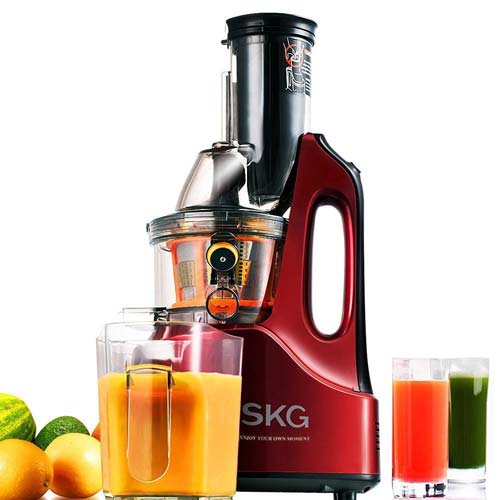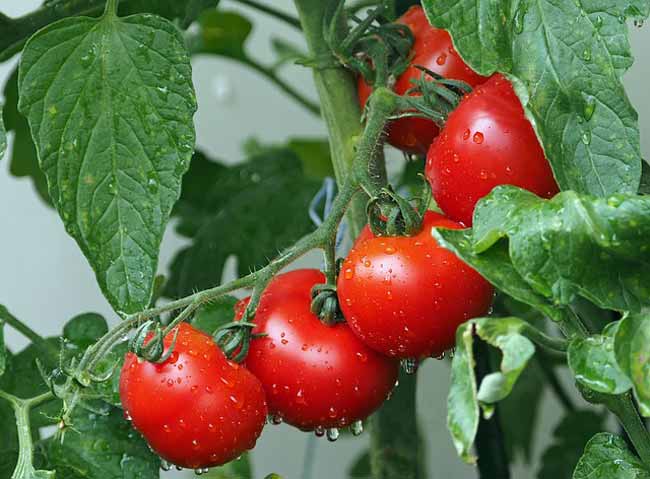We are what we eat. Bad diet only contributes to inflamation, but also causes disease that creates inflammation in the body.
In this post we'll look at the best types of food for reducing and eliminating unwanted inflammation in the body, so you can change your shopping list to one that promotes a healthy body balance.
Content:

What is Inflammation?
It is important to note that inflammation is not always bad.
In fact, inflammation plays a vital role in fighting off threats and helping the body heal itself.
Inflammation is the body’s response to microbial, autoimmune, metabolic or physical attack, including burns and physical trauma.
During the inflammation process, white blood cells are released to sites of infection and injury, where they emit waves of chemicals that can kill germs outright.
The release of these chemicals increases blood flow and results in the redness you see, and the warming sensation you feel, on the inflamed area of an injury.
Acute inflammation usually lasts for a few hours, but can be up to a few days. The problem occurs, however; when the inflammatory process becomes a constant.
And diet plays a huge role in this.
What Types of Food Cause Inflammation?
When this bodily response remains, it leads to chronic inflammation.
Over time, chronic inflammation can damage healthy cells, tissue, and organs and can trigger the development of a long list of diseases and disorders such as asthma, arthritis, atherosclerosis, cancer, diabetes, and heart disease.
Indeed, obesity and its relative type 2 diabetes are at epidemic proportions across the Western world. And what's the one thing that connects them? You guessed it, inflammation.
The good news is that diet can also help reduce inflammation in those suffering disease.
If you have chronic inflammation or want to follow an anti-inflammatory diet, you should steer away from the following:
- Processed foods
- Refined carbohydrates
- Oils and fried food
- Pre-made desserts
- Soda and other sugary beverages
- Alcohol
- Meat and processed meat
- Foods high in salt or sugar
Aside from increasing the level of inflammation in your body, in excess these foods can also contribute to weight gain/obesity, which is a risk factor for inflammation.
Conditions Helped by an Anti-Inflammatory Diet
One of the most effective and powerful weapons you can take advantage of to fight inflammation does not come from the drugstore but the grocery shop.
We are what we eat. By eating a plant-based, whole foods (PBWF) diet, we can ensure we aren't unnaturally causing inflammation in the body, and in turn help the body heal itself in the process.
A diet high in fruits, vegetables, legumes, whole grains, and nuts is recommended to reduce inflammation.
Conditions that cause chronic inflammation or worsen with poor dietary habits will benefit from a change in dietary habits. These conditions include:
- Asthma
- Colitis
- Crohn’s disease
- Esophagitis
- Hashimoto’s disease
- IBS or inflammatory bowel disease
- Lupus
- Metabolic syndrome
- Psoriasis
- Rheumatoid arthritis
An additional benefit is that a diet high in antioxidants may also help lessen the risk of certain types of cancer.
15 Anti-Inflammatory Vegetables & Fruits
Choosing anti-inflammatory foods to include in your every day diet will reduce your risk of disease. The following is a list of the foods scientifically proven to reduce inflammation in the body.
Berries
Berries are rich in fiber, minerals, and vitamins. They also contain polyphenols – micronutrients packed with antioxidants. One of these antioxidants is called anthocyanins, which are known to reduce inflammation and reduce risk of disease (1).
In one study, overweight adult males and females who ate strawberries showed lower levels of inflammatory markers associated with heart disease (2).
Another study in men showed that the consumption of blueberries increased NK cell counts. Natural killer (NK) cells are produced by the body to help maintain a strong immune system. (3).
Broccoli
Closely related to cauliflower and cabbage, broccoli is a superfood because not only is it low in calories but also packed with nutrients and antioxidants.
The antioxidants in Broccoli have anti-inflammatory effects and, according to research, consuming cruciferous vegetables like broccoli is linked to a reduced risk of cancer and cardiovascular diseases (4, 5).
Avocados
Avocados are super popular for a reason: they don’t just taste good, they are an excellent source of vitamins, magnesium, potassium, and fiber. Avocados also contain omega-3 fatty acids and carotenoids.
AV119, a compound found in avocados, has anti-inflammatory effects (6). Additionally, one study suggests that the tocopherols and carotenoids in avocados are associated with a decreased risk of breast cancer (7).
Peppers
Peppers, specifically bell and chili peppers, are low in calories and rich sources of vitamin C. Other nutrients provided by peppers include vitamins A, E, and K1, fiber, folic acid, and potassium.
Further, peppers contain anti-oxidants that help fight excessive inflammation (8, 9).
Grapes
Grapes offer a variety of health benefits. They are an excellent source of fiber, minerals, and vitamins. Like berries, grapes contain anthocyanins, which act as anti-inflammatory agents.
According to a study conducted on people with heart disease, taking grape extract daily helps decrease inflammation and increase the levels of adiponectin, which at low levels are related to increased cancer risk and weight gain (10).
Tomatoes
Speaking of superfoods, no one will forget tomatoes. This fruit is rich in many nutrients such as potassium, vitamin C, and the phytochemical lycopene.
An antioxidant, lycopene is associated with a range of health benefits, including prevention of cancer and heart disease and anti-inflammatory activity (11, 12).
Want to get the most lycopene out of your tomatoes? Eat them with olives or avocados, since lycopene is better absorbed with fat (13).
Cherries
Like berries and grapes, cherries are delicious fruits loaded with vitamins and antioxidants, such as anthocyanins fight inflammation in the body (14). A study suggests that consuming sweet cherries may lower inflammation markers in the body (15).
Pineapple
Pineapples are tropical fruits fully loaded with vitamins, antioxidants, and enzymes. They contain a specific enzyme found in the stem and juice, bromelain, which helps combat inflammation (16, 17).
Moreover, this enzyme is a natural digestive aid and helps alleviate bloating, IBS, ulcerative colitis, and other colonic inflammation (18, 19).
Papaya
Another tropical fruit that can help reduce inflammation is papaya. This fruit contain high levels of vitamins A and C and folate.
There is a specific digestive protein in papaya responsible for the fruit’s anti-inflammatory effects – papain (20). According to Nutrition Review, proteolytic enzymes such as papain help decrease inflammation (21).
Papain is highly concentrated in unripe papaya.
Seaweed
Let’s not forget those wonderful sea vegetables. Seaweed like kelp and Alaria contain fucoidan, a complex carbohydrate known for its anti-inflammatory and anti-cancer effects (22, 23).
Kale
Probably one of the most nutritious green vegetables around is kale. A member of the cabbage family, it is low in calories but rich in vitamins, minerals, and antioxidants, thus offering plenty of health benefits.
Green leafy vegetables like kale in your diet are linked to a decreased risk of heart disease (24). Kale also contains flavonoids, which are found to have anti-cancer and anti-inflammatory effects and prevent coronary heart disease (25).
Spinach
Spinach is loaded with nutrients and low in calories. It is rich in antioxidants such as kaempferol and quercetin. These beneficial compounds help reduce inflammation (26) and may prevent cancer (27).
Beans and nuts
Beans and nuts are great anti-inflammatory foods typically recommended for people with rheumatoid arthritis. Kidney beans and red beans contain high levels of fiber and protein and can lower inflammation (28).
Nuts are also packed with many nutrients and antioxidants. Walnuts, specifically, contain polyphenols, which are associated with the reduction of inflammation in the body (29).
Brussel Sprouts
We aren't done with green leafy vegetables yet. Brussel sprouts are an excellent source of fiber and omega-3 fatty acids.
Brussel sprouts are high in antioxidants, especially in kaempferol. According to some test-tube studies, kaempferol may inhibit the growth of cancer cells and reduce inflammation (30, 31).
Carrots
These crunchy root vegetables are low in calories but a great source of fiber, potassium, vitamin K, and antioxidants. They are also rich in beta-carotene, an antioxidant that can be converted to vitamin A by your body.
Studies show that the beta-carotene content of carrots has anti-inflammatory effects due to its antioxidant properties (32, 33).
In Summary
The science is clear: if you want to keep inflammation to a minimum, eat plenty of fruit, vegetables (green, in particular), beans and nuts. A plant-based diet is anti-inflammatory by default, and promotes a sustainable, healthy weight.
Of course, if you get ill, or injure yourself, the body responds by creating inflammation to protect you from infection from foreign organisms, such as bacteria and viruses.
However, you don't want to promote inflammation unnecessarily. So watch what you eat by excluding those foods we mentioned earlier, and by including those on our ‘good to eat' list above.




Great article! I will be adding more of these in my diet.
Mar 15, 2020 at 1:23 pm
Thanks Greg. We could all do with more of these fruits and vegetables in our diet.
Mar 15, 2020 at 2:49 pm